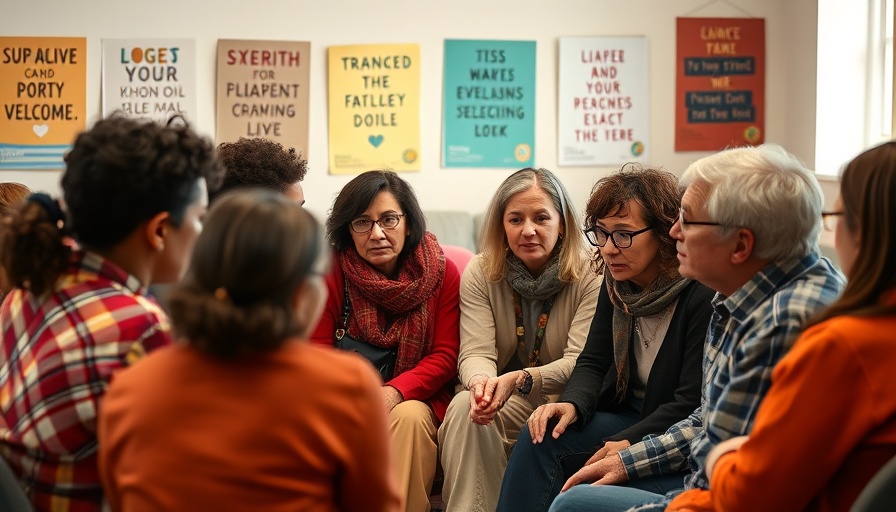
New Executive Director at EUDA: A Step Towards Enhanced Substance Abuse Prevention
The recent appointment of Dr. Lorraine Nolan as the Executive Director of the EUDA (European Union Drug Agency) marks a significant milestone in the landscape of substance abuse and addiction prevention in Europe. With a robust background in public health and addiction treatment, Dr. Nolan's leadership is anticipated to elevate initiatives aimed at younger populations, particularly in the realm of prevention and education.
The Role and Importance of Effective Leadership in Addiction Prevention
In the realm of youth substance abuse prevention, effective management is non-negotiable. Dr. Nolan's extensive experience in addiction medicine and public health equips her with a unique understanding of the multifaceted issues surrounding drug and alcohol use among teens. According to recent studies, peer influence and lack of accessible information are significant factors contributing to early substance use among adolescents.
Addressing Substance Abuse Through Innovative Programs
Under Dr. Nolan's guidance, the EUDA aims to implement comprehensive recovery programs that promote healthier lifestyle choices. Programs focusing on preventive measures, interventions, and educational initiatives will be prioritized. For parents, it’s essential to stay informed about these developments not only to support their children but also to engage with the community in promoting awareness about addiction prevention.
Raising Awareness: Collaboration and Community Support
A community-based approach will be vital to Dr. Nolan's strategy. Collaborating with local organizations, schools, and families can create a supportive environment for youth. Educational workshops and support groups will help bridge the gap between knowledge and action regarding substance use and recovery. Encouraging active participation from parents can lead to more substantial support networks for young individuals.
Future Trends in Addiction Treatment and Recovery
As the landscape of addiction treatment continues to evolve, it's essential to focus on emerging trends such as holistic treatment approaches and personalized recovery plans. Strategies have been developed spanning cognitive-behavioral therapy to peer support initiatives that cater specifically to adolescents. These innovations aim to provide tailored interventions that address co-occurring disorders and underlying trauma, which can significantly impact addiction recovery processes.
Empowering Young People to Make Informed Choices
One of the primary goals of the EUDA under Dr. Nolan's leadership will be to equip young people with the tools they need to make informed choices regarding substance use. Incorporating feedback from youth themselves and tailoring education to meet their interests can enhance engagement. Initiatives like *SMART Recovery* and *Alcoholics Anonymous* have seen effectiveness when they incorporate youth voices in their programming.
The Vital Role of Family in Addiction Recovery
Family involvement plays a crucial role in effective addiction treatment. Programs encouraging open communication and family therapy can lead to better outcomes. Dr. Nolan's commitment to family-centric initiatives aims to address the importance of strong support systems for young people during recovery.
What Parents Can Do Right Now
As the EUDA embarks on this new chapter with Dr. Nolan, parents are urged to stay proactive regarding their children’s exposure to substance abuse. Engage in open dialogues about the risks associated with drug and alcohol use, and don’t hesitate to seek information on local resources for support and recovery programs. Furthermore, understanding the signs of drug use can empower parents to take timely action if necessary.
Conclusion: A Call to Action for Families
As Dr. Lorraine Nolan takes the helm at the EUDA, the focus on youth substance abuse prevention has never been more vital. Parents are encouraged to utilize available resources, participate in community initiatives, and contribute to developing safe and supportive environments for our children. Together, we can create a future where young people are informed, supported, and empowered to live healthy lives free from substance abuse.
 Add Row
Add Row  Add
Add 




Write A Comment